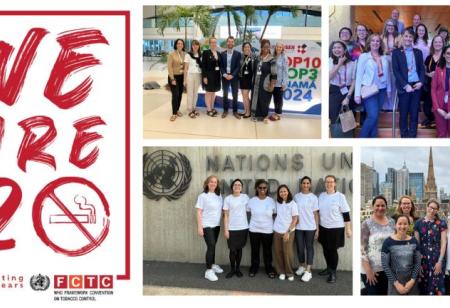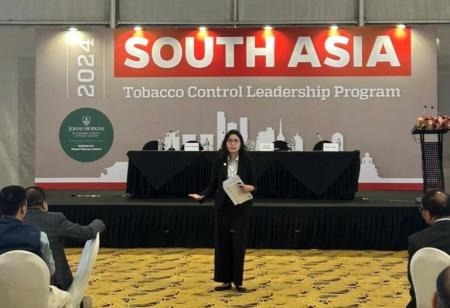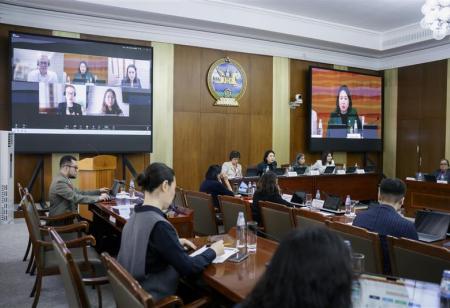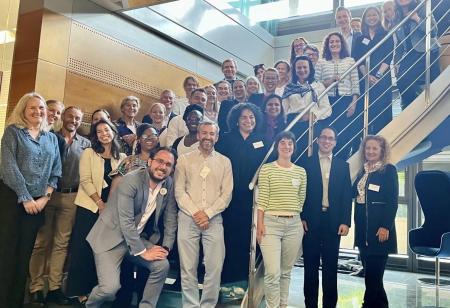
Jamaica: Caribbean sub-regional training on law and non-communicable diseases - 1 November 2017
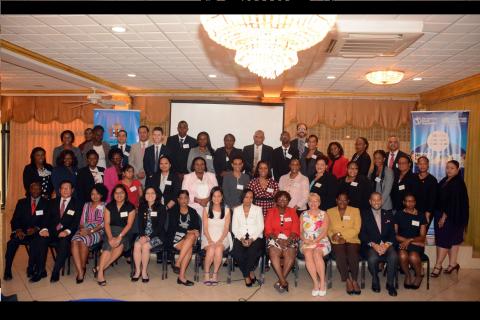
From 24-27 October, the Pan-American Health Organization/World Health Organization, the WHO Framework Convention on Tobacco Control Secretariat, and the McCabe Centre for Law and Cancer conducted a subregional training on law and non-communicable diseases (NCDs) in Kingston, Jamaica, for the English-speaking Caribbean subregion. The workshop aimed to familiarise participants with the use of law as a powerful tool to prevent and control NCDs, focusing on the use of law to regulate key NCD risk factors of tobacco, alcohol, and unhealthy diets, and to defend measures from legal challenge.
The workshop brought together participants from Ministries of Health, Ministries of Justice/Attorney-General’s/Legal Affairs/Parliamentary Counsel, Ministries of Industry/Commerce, and public hospital administrations from 13 countries in the Caribbean region, as well as participants from the Caribbean Community (CARICOM), the Caribbean Public Health Agency, the Organization of Eastern Caribbean States, the Caribbean Law Institute Centre, the Caribbean Court of Justice, and academia. The McCabe Centre participated in its capacity as the WHO FCTC Knowledge Hub on Legal Challenges to WHO FCTC Implementation.
The workshop was opened by Dr Noreen Jack, PAHO/WHO Representative in Jamaica, and the Hon Dr Christopher Tufton, the Minister of Health of Jamaica, who emphasised the importance of law and policy interventions to address NCDs in the Caribbean subregion. The workshop covered international, regional, and subregional frameworks on NCDs; an overview of tobacco control, alcohol control, and measures to address unhealthy diets and obesity; an overview of the role of law in addressing NCD risk factors; country experiences including the recent passage of Guyana’s Tobacco Control Act, sugar-sweetened beverage taxes in Barbados, and the development of regional food labelling standards led by Jamaica; comparative litigation on NCD regulation including legal challenges to WHO FCTC-implementing measures; international trade and investment law in the context of NCDs; and CARICOM regional legal frameworks for health, trade, and investment law. The workshop closed with a moot court on CARICOM law led by the Hon Justice Winston Anderson of the Caribbean Court of Justice, remarks on the role of lawyers by Professor Velma Newton of the Caribbean Law Institute Centre, and discussion by participants on next steps and priority activities for law and NCDs in the region.

